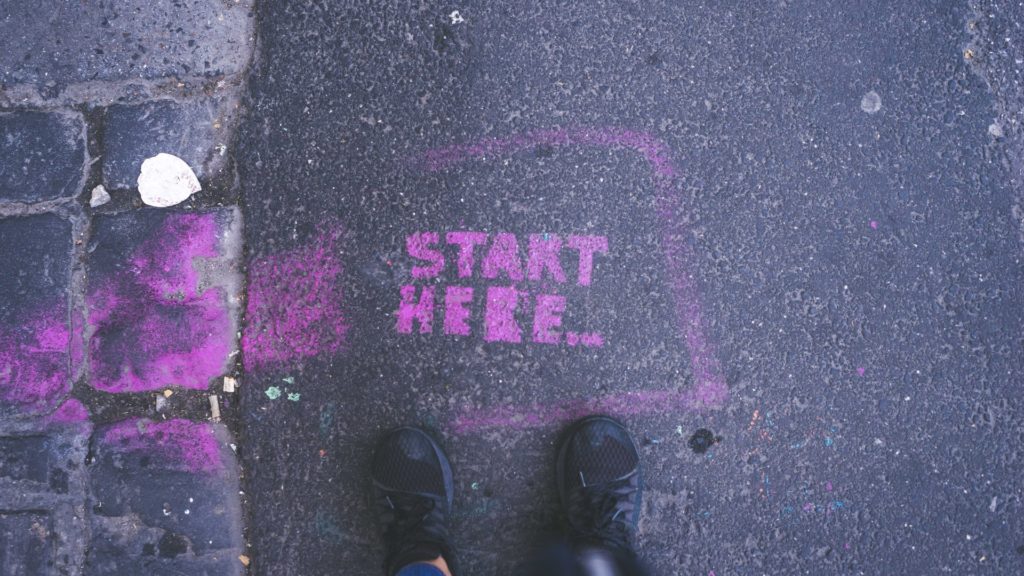
This year marks my 22rd as a journalist and writer, my 20th as a freelance writer and my 12th as a member of ASJA. I’ve had many careers, but this is by far the most comfortable and enjoyable. I’m not always having a good or easy time—words can be so elusive at deadline!—but by and large, I’ve found that researching/reporting and writing is what I’m built for. It’s a life of learning, which suits this library-loving soul, and I never tire of hearing others’ stories and translating them to the page. As an analytical person by nature, being able to think for a living is privilege.
Working as an independent writer, I’ve paid a lot of attention to when and how I feel most productive. What I’ve learned is a bit counterintuitive to the advice given by productivity gurus, who claim that careful schedules will keep me on track. The singular experiences of writers fascinate me, because we are so different. For what it’s worth, here are a few things I’ve learned about myself along the way.
Thinking is writing.
I repeat this phrase to myself throughout the writing process. Thinking isn’t just important for my writing; it’s not just the first step in my writing; it is writing. Coming to the page when I haven’t thought long enough is an exercise in futility for me. I know other writers who are able to think while writing or can stream-of-consciousness their way through a first draft, but I need at least a scene, a quote, a few sentences or a phrase in order to get started. And dang it, I often need to start with the lede. When I was a newspaper reporter, I would climb into my car and drive around the city until I’d hit on the first lines. I’d let my mind wander—sometimes way off topic—and suddenly, the lede would be there, along with the full structure of the piece. Then I could sit at my desk and let the whole thing pour out.
Newspaper writing is a very specific skill, and over the years I’ve had to refine this process, this requirement. But I still firmly believe that my writing can’t start until I’ve given it a lot of thought. Like many of us when we’re on deadline, my house gets cleaned and laundry folded and yardwork done. I once thought of this as procrastination, but today I understand that I’m simply giving my brain a chance to flip through all of the elements of the story until I discover the way in. It’s like the adage, “a watched pot never boils.” When I’m not directly looking for what I need, it appears.
For my current project (a memoir that explores themes through abstract mathematics), this means going months without writing at all, which is incredibly frustrating and even angering. I worry to death that I’m being lazy or unproductive. Yet, some ideas need more time to cook (or even come to the surface). To do all of the thinking at the start of the book is impossible, so the process is a matter of starting and stopping, with writing and rewriting in between. This keeps my thinking front and center. It’s the element that must be there in order to accomplish anything at all.
Different projects require different tools.
I have spent a lot of my career working on five or more assignments at a time—profiles for content publishers, long-form reported pieces, mathematics curriculum, and books. Because each of these require different things from me, they often fit together like puzzle pieces. I can spend part of the day researching and another few hours doing interviews or making up math problems. Because they aren’t asking the same things of me, these tasks are complementary. When I get frustrated with one task, I can move to something else, getting a new start and allowing parts of my mind to rest and refuel.
Coming back to a task means seeing it with fresh eyes. When I allow myself those breaks (and sometimes that personal permission is hard to come by), it’s as if the problems I was having are magically resolved. Missing information is glaringly obvious, structure questions are answered, flow can be restored (or introduced).
Writing a blog post is different from writing copy for a website, which is different than reporting for a newspaper or writing a book. I’ve done each of these things, and while I can’t enumerate the tools required for each, I do have a sense of their differences. Giving myself space to access those tools is much more efficient than forcing myself to write for a particular period of time or a particular number of words.
A variety of assignments fuels my creativity.
I’m not always practicing creative writing—no freelance writer is. But some kind of creativity and craft are required for each assignment. The ability to jump from one kind of an assignment to another keeps my motor running.
I have taken on long-term projects (math curriculum development comes to mind) that have kept me in a particular groove for weeks at a time. That’s my recipe for burnout. I begin to get restless, lose sight of details, make mistakes. As a freelancer, I have the luxury to create a client base that will provide me with the variety that I need to thrive—and to produce work I can be proud of.
Generic productivity advice isn’t useful to me.
We may be quite different in this particular observation. I know writers who are driven by their bullet journals, timers, and lists. For years, I worked to make those kinds of tools work for me, but there’s something in my brain that resists them. Like any diet I’ve ever been on, they fail me, and then I blame myself.
Early in my career, I learned that it’s impractical to wait for the muse to strike. I’m thankful for my time in newspapers, which taught me that I am capable of writing quickly and on deadline. But while my final product is the writing itself, daily productivity often looks much more chaotic. I can make a list, even give each item a time-frame, but at least for me, writing is unpredictable enough that I often need to veer off course. I’ve learned that when I set expectations for daily production, I resist or fail because life is unpredictable. I don’t like how that makes me feel, so I’ve stopped making daily lists, stopped measuring my productivity by what I accomplished in a particular period.
This isn’t about willpower. It’s about personal preferences. I have rarely found a list to be helpful in a creative endeavor. I can make lists of sources for a story, sure, but promising to myself that I’ll write 500 words a day or finish an assignment two days before the deadline is usually pointless. I’m just not wired for that kind of motivation. Letting go of those tools has improved my writing and made me happier. I’m still meeting deadlines, still writing, but I’m no longer measuring my success by an external barometer.
It’s all about compulsion.
I don’t always want to write, but when I’m compelled to the page, I can write for hours and hours at a time. I spend my days chasing this obsession, willing it to happen, begging the universe for it to appear. With a variety of projects, I can usually feel compelled with at least one at any given time. While researching one story, my brain might come up with the words to start another. When I get bored, I can give into the compulsion elsewhere.
And when I find myself rudderless, I rest. Reading or watching movies is always the best, because I can continue to think about my assignments, my compulsions. It’s as if my brain is in two parts—involved in the story I’m consuming, while writing the one I need to produce. Within a few hours (or sometimes as long as a few days), I willingly return to the project I’m being paid for, because I feel compelled to do so.
None of these lessons is absolute. There are times when I must work on one project for weeks at a time or must force my butt in the chair to meet a deadline. And with all of my experience, I also know that not everything I write will be a homerun. My expectations are often much higher than my editors’, which keeps things in balance, though there are times when I’m just not proud of something I’ve turned in—no matter what my client thinks.
Everyone has their own way of approaching the freelance writing life. As an empty nester, I have more free time to wander through my writing, chasing the compulsion. As a seasoned freelancer, I have more freedom to pick and choose the assignments and clients who will suit my working and writing preferences. And I find myself burned out at least once a year. That’s when I go back to these lessons, clear my accounts of assignments that aren’t working for me, and start again.
Photo by Gia Oris on Unsplash

